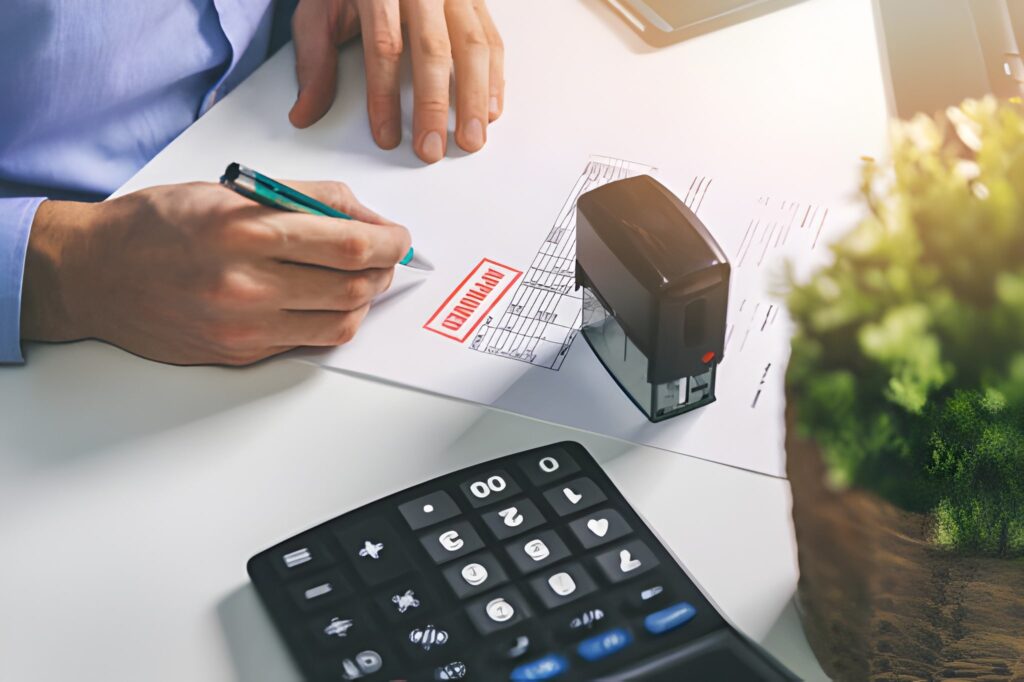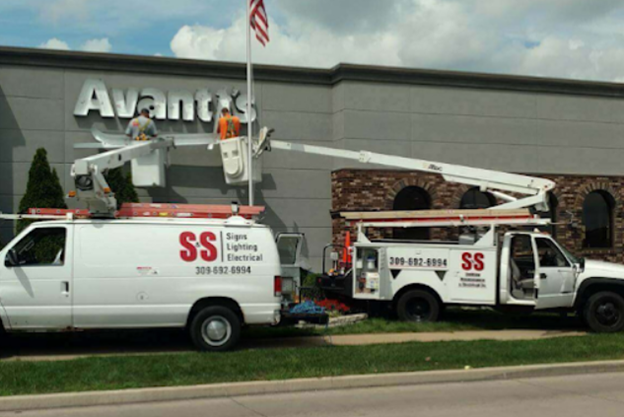Most of us have to sign the checks whether we make any business deal or even for any purchase from a shop or a company. For a businessman, it can often be too taxing to sign plenty of checks sitting on a chair and writing your own name again and again.
It felt tedious, but also somehow important. Each signature carried your intention, your approval. And then, one day, I discovered something small but surprising – a signature stamp.
Now, while considering the signature stamp legal for checks, which is offered by Creative Rubber Stamps, I thought I could save hours of repeated signing. I wondered, though, if it is even legal for checks? Could a tiny piece of rubber replace my hand in the eyes of the bank?
Banks and Stamps
Most banks, at least in the U.S., do allow stamped signatures. But there is always a small “check first” part. Policies vary from one bank to another. For example, Chase asks that you update your signature card if you switch to a stamp. It makes sense. Otherwise, they see a piece of rubber and wonder, Is this really you, or someone else?
It is simple – let the bank know. Make sure your intent is clear. A stamp is only useful if it represents your decision, your signature.
The Law and Your Intent
Legally, stamps are valid. The Uniform Commercial Code (UCC 3-204) defines an endorsement simply as a signature. It does not insist that it must be handwritten. The key part is intention. If you mean for that stamp to be your signature, then it counts. That tiny detail of the intent behind the stamp is what makes it legally binding.
Safety First
Of course, stamps can be misused. If someone gets hold of it, they could sign away without your knowledge. Banks know this and take precautions. For bigger transactions, they may double-check. It is only fair – you would want that too.
- For individuals: Tell your bank, update your signature card, and store your stamp safely. Do not leave it lying around like a set of keys.
- For businesses: Stamps are common for payroll, vendor payments, and high-volume checks. But access must be controlled. Keep logs, restrict users, maybe even audit occasionally. One careless mistake can lead to big losses – a real case involved $150,000 taken by someone misusing a stamp.
Small Habits That Make a Difference
- Always update your bank records.
- Lock the stamp away when not in use.
- Share it only when necessary and document every time.
- Businesses must enforce clear policies, not just trust luck.
A Practical Reflection
It is good that the stamp for checks is considered to be legally valid, as you can save your time and also rest your wrist. But it comes with responsibility. Think of it like handling your ATM card – you gain convenience, but you must guard it carefully.
Once you handle it wisely, a signature stamp becomes a tiny helper that quietly improves your day. Use it recklessly, and well, lawyers might enjoy the story, but you may not.







